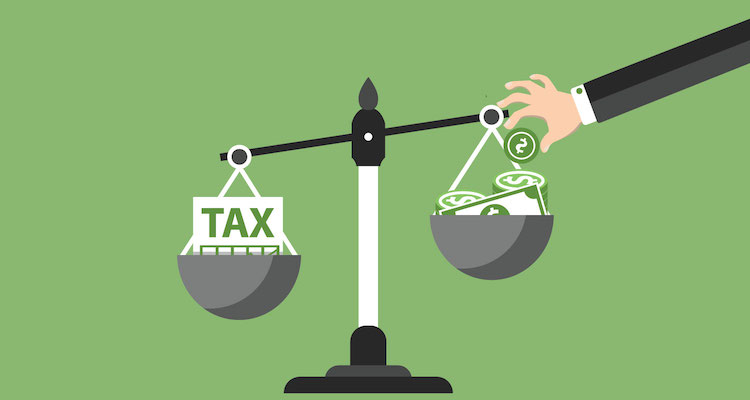The start of this year’s tax season is just around the corner.
According to the IRS, the earliest date you can file income taxes this year is January 29, 2018. Without filing an extension the latest date to file is April, 17, 2018.
But the refunds of some people could be gone before they ever see a dime from the IRS. The reason is because scammers begin increasing their attempts to take those refunds away along with as much other money as they can get their hands on.
To prevent this crime, here are three tax scams you should watch out for.
1. Fake IRS Phone Call
One of the tax scams to watch out for is the fake IRS phone call scam. This method of deception relies on the criminal’s ability to convince you that they are an IRS employee.
Scammers provide made up names and IRS ID numbers. In addition, they may change the caller ID to make it appear they are legit.
Unsuspecting victims are told they owe money to the IRS that must be paid immediately by a wire transfer or other method. They are also told non-compliance will lead to their arrest. Those who speak limited English may be threatened with deportation.
Other tactics include telling their targets a refund is due them or leaving messages that they must call back to discuss an urgent matter.
The truth is that the IRS does not call and ask for payments to be made by a certain method or threaten arrest. Neither do they request credit or debit card information over the phone. Instead, the IRS will bill you for unpaid balances.
2. Scams Against Tax Preparers
Tax payers are not the only targets of scammers. They will use any trick they can to steal money. Therefore, another tax scam to watch out for is a scam against tax preparers.
Thieves contact tax preparers warning that an update to their Electronic Filing Identification Numbers or other passwords is needed. Or, they may warn the tax professional about scams all the while scamming them.
Once they have the information they need, the criminals can file fake tax returns. To keep your information safe, tax preparers should review IRS guides and publications about safeguarding information.
3. W-2 Scam
As the public becomes informed about the sneaky techniques of thieves they change to new ones. One of them is the W-2 scam.
This deception involves tax thieves contacting businesses to update W-2 information. In reality, however, they are stealing the information to file false tax returns and steal the employees’ money.
Businesses that receive these calls and emails can notify the IRS to prevent data loss and the filing of forged tax returns by emailing [email protected]. They should include “W2 Data Loss” in the subject line and not attach any employee information.
An additional crime reporting measure business can take is to make a complaint to the FBI’s Internet Crime Complaint Center and report the incident to local law enforcement. You should forward scam emails requesting information to [email protected].
There is no question that thieves will take your tax refund money if they can. We must all remain wary of who we give out sensitive information to and be diligent in safeguarding it to prevent these crimes. Knowing about these tax scams can help.














